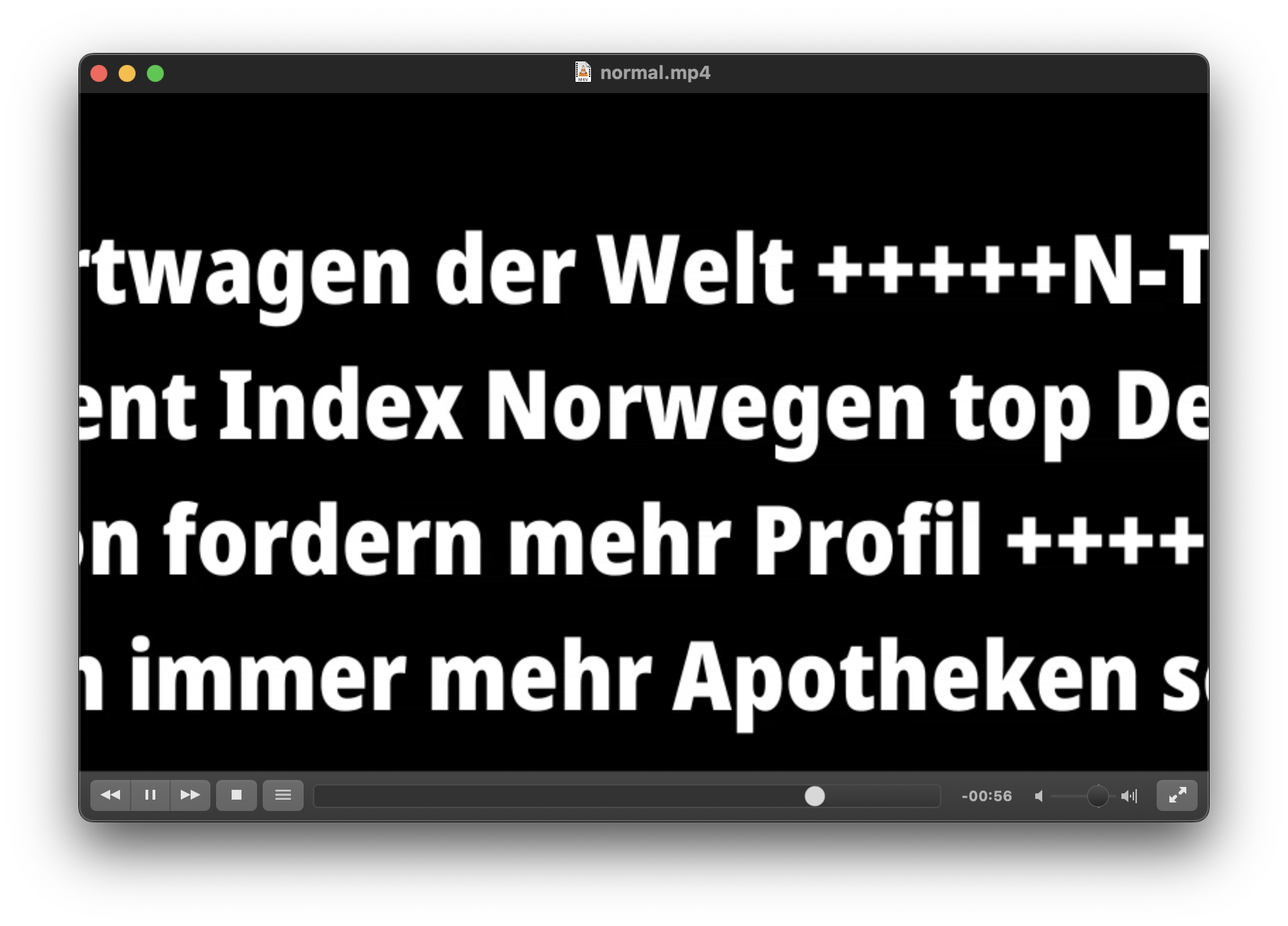Seit Ende Februar 2026 gibt es bei RPiOS-Installationen älterer Bauart (Buster/Bullseye/Bookworm) folgenden SSH-Hinweis:
** WARNING: connection is not using a post-quantum key exchange algorithm.
** This session may be vulnerable to „store now, decrypt later“ attacks.
** The server may need to be upgraded. See https://openssh.com/pq.html
Linux datev 5.10.103-v7+ #1529 SMP Tue Mar 8 12:21:37 GMT 2022 armv7l
Das betrifft alle SSH-Versionen vor 9.0 und die war erst ab Oktober 2023 Standard, das betrifft also alle Buster-, alle Bullseye- und sogar einige ältere Bookworm-Versionen, siehe die Version-History.
Anbei Skript, was ich bei mindestens 3 Installationen erfolgreich angewendet habe, auf diversen RPi-Zeros und RPi-3A+-Geräten. Wenn man das Skript über ssh selbst ausführt (was möglich ist), muss man aber den letzten Schritt („Cleaning Up“) manuell ausführen, weil die ssh-Session natürlich vorher beendet wird, bzw. neugestartet, aber man wird nicht abgemeldet.
Wichtig: Repos müssen aktuell sein, siehe Kommentar am Anfang des Skriptes.
Continue reading „Update OpenSSH to Version 9.0p1 (Buster/Bullseye/Bookworm)“
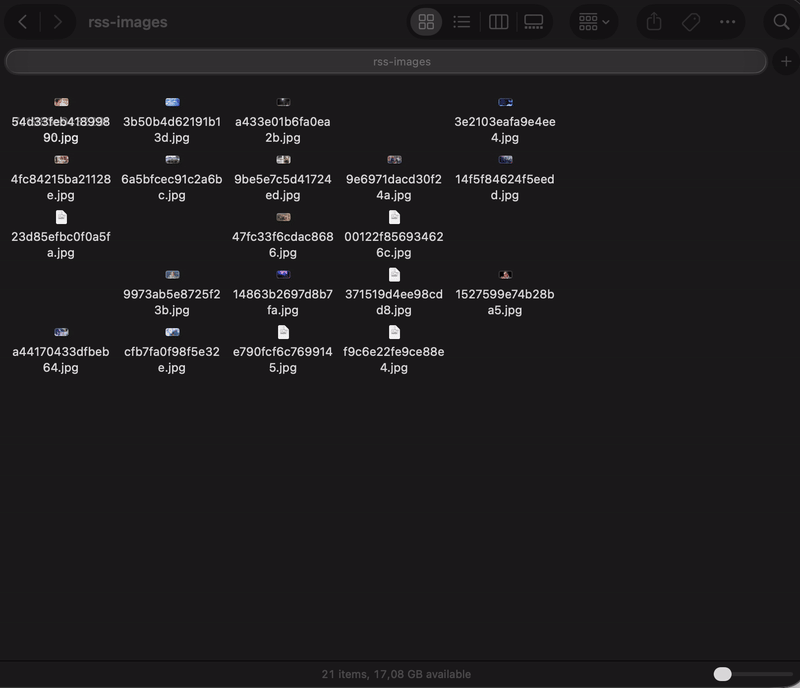

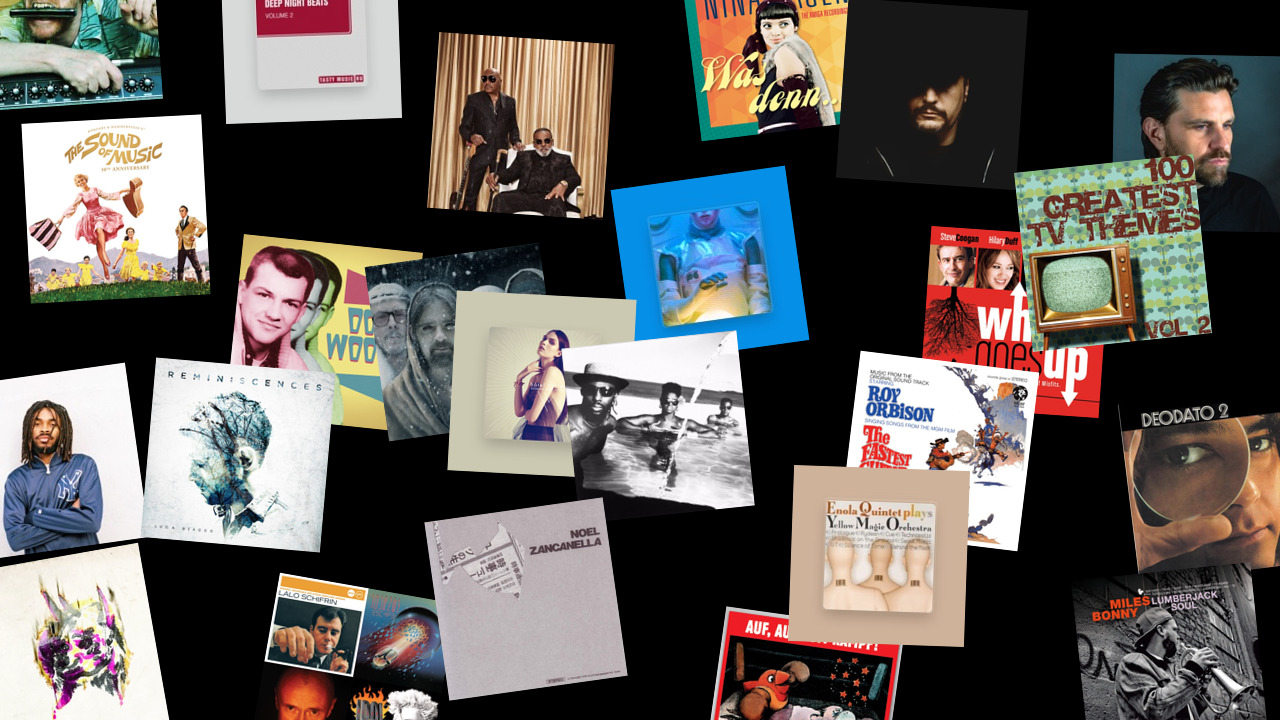

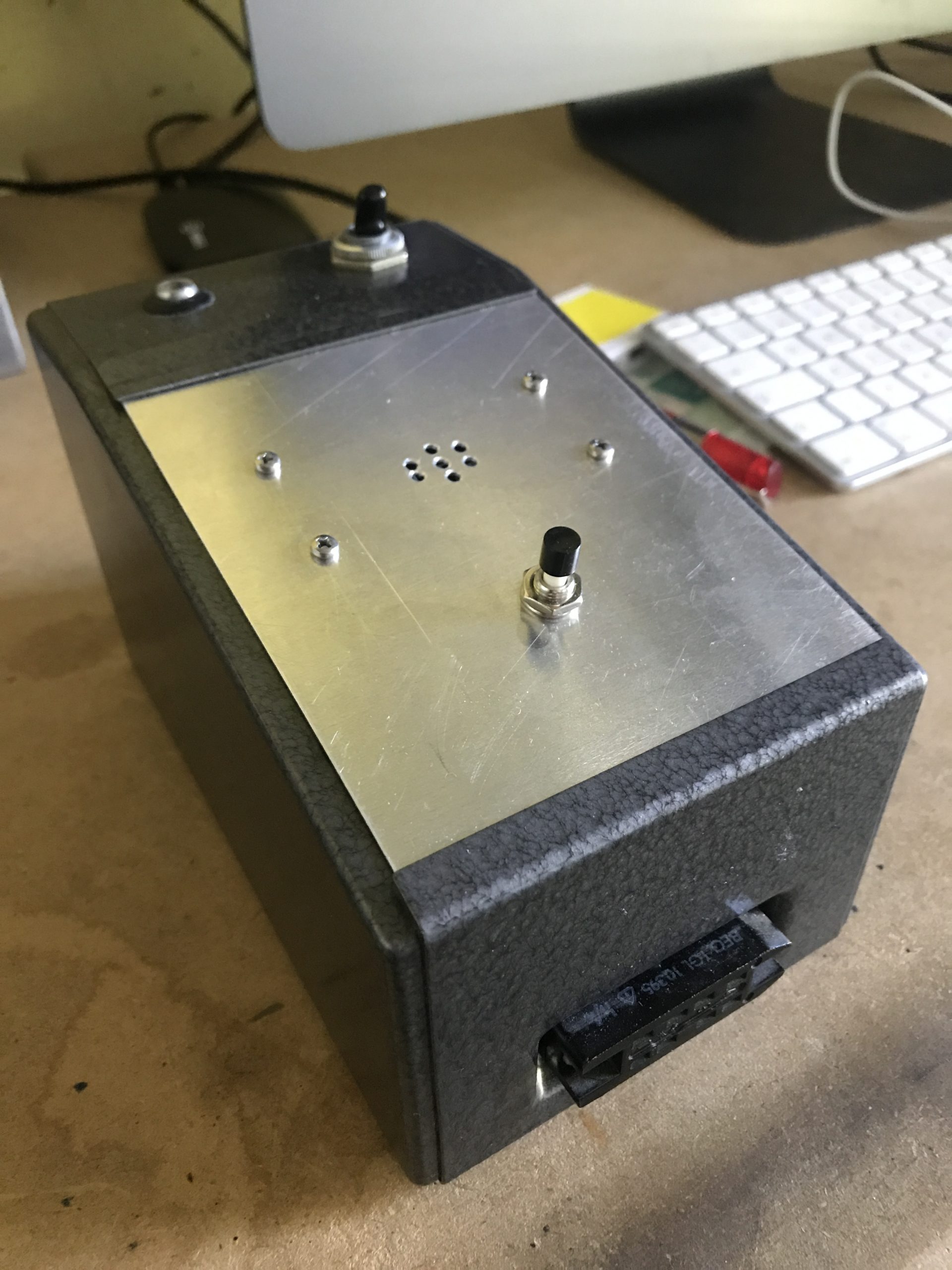
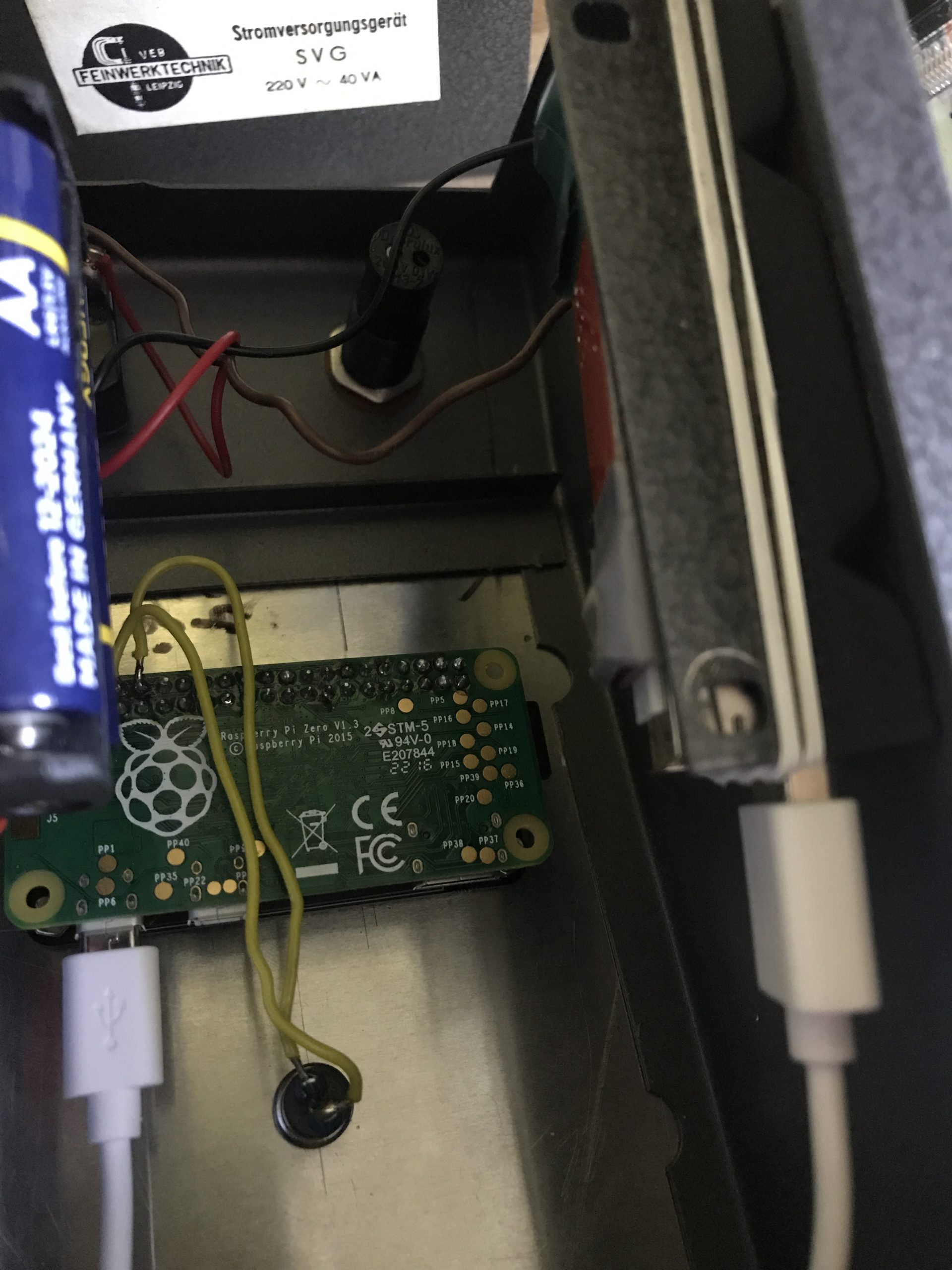
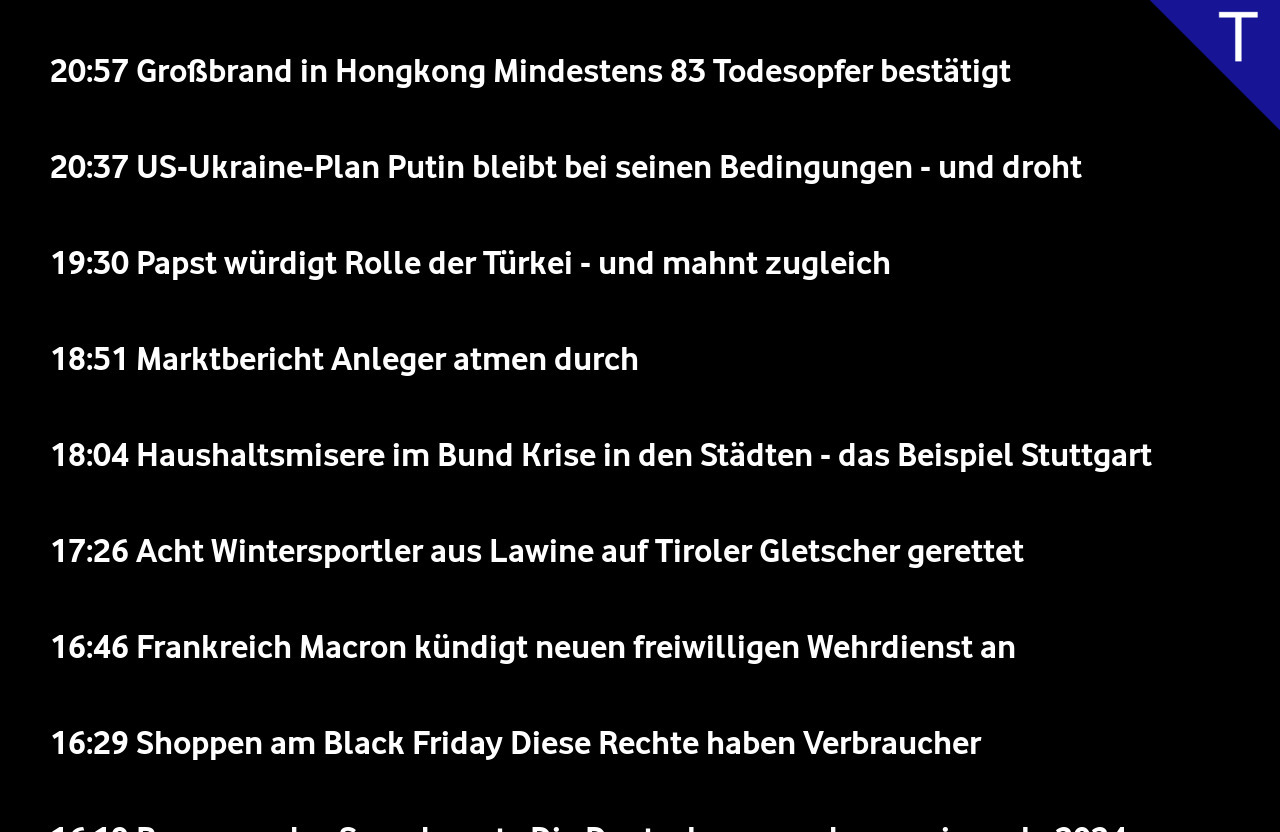
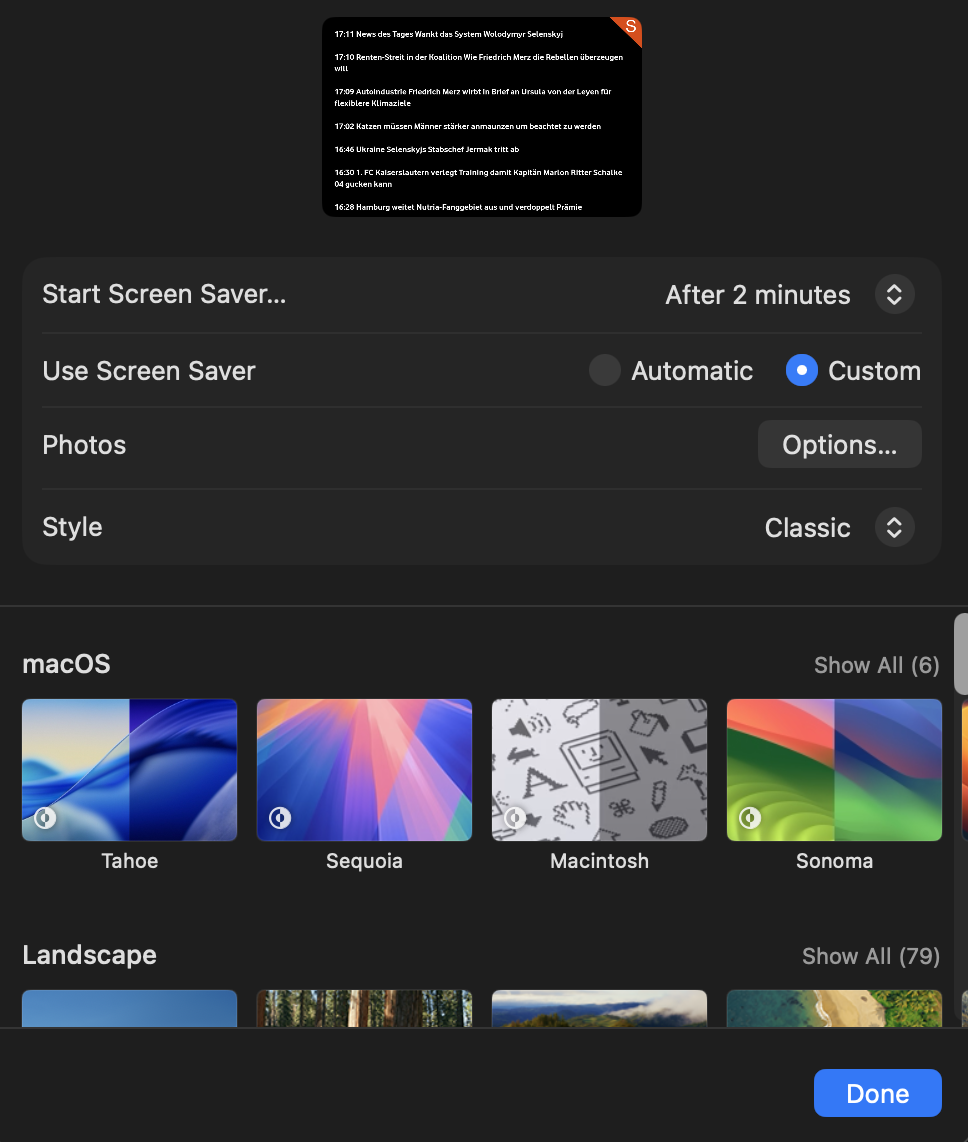

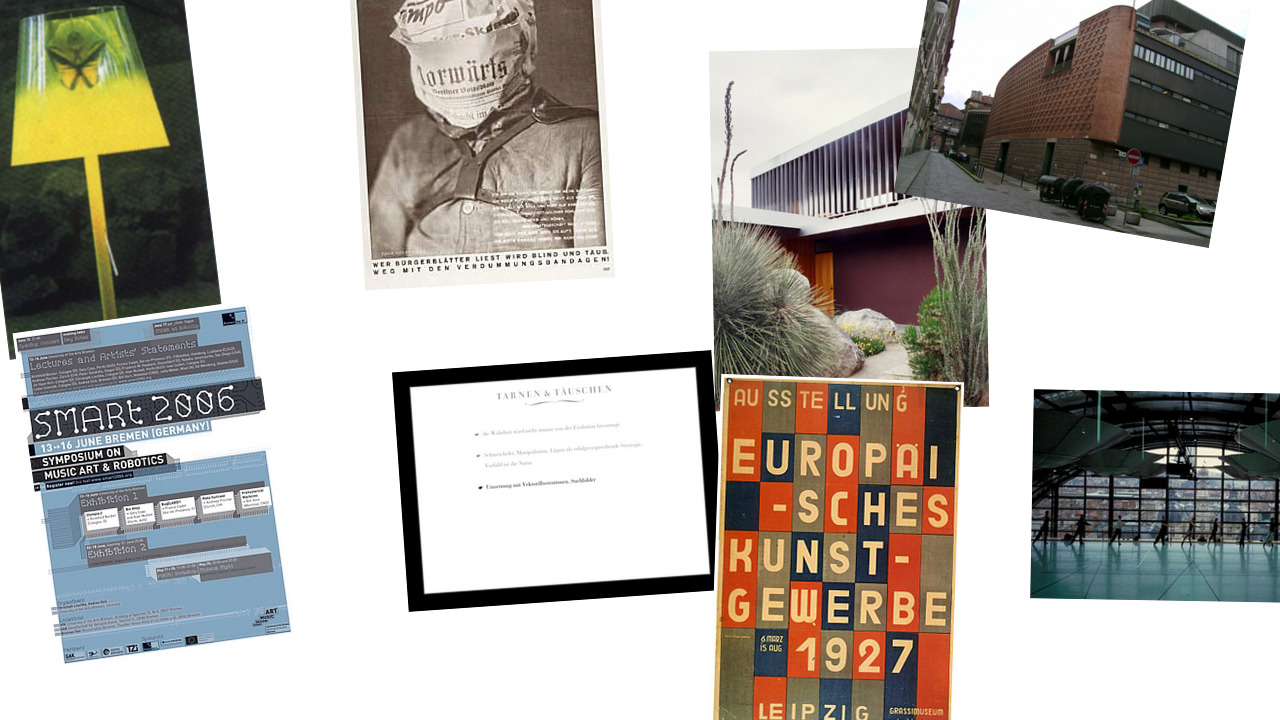
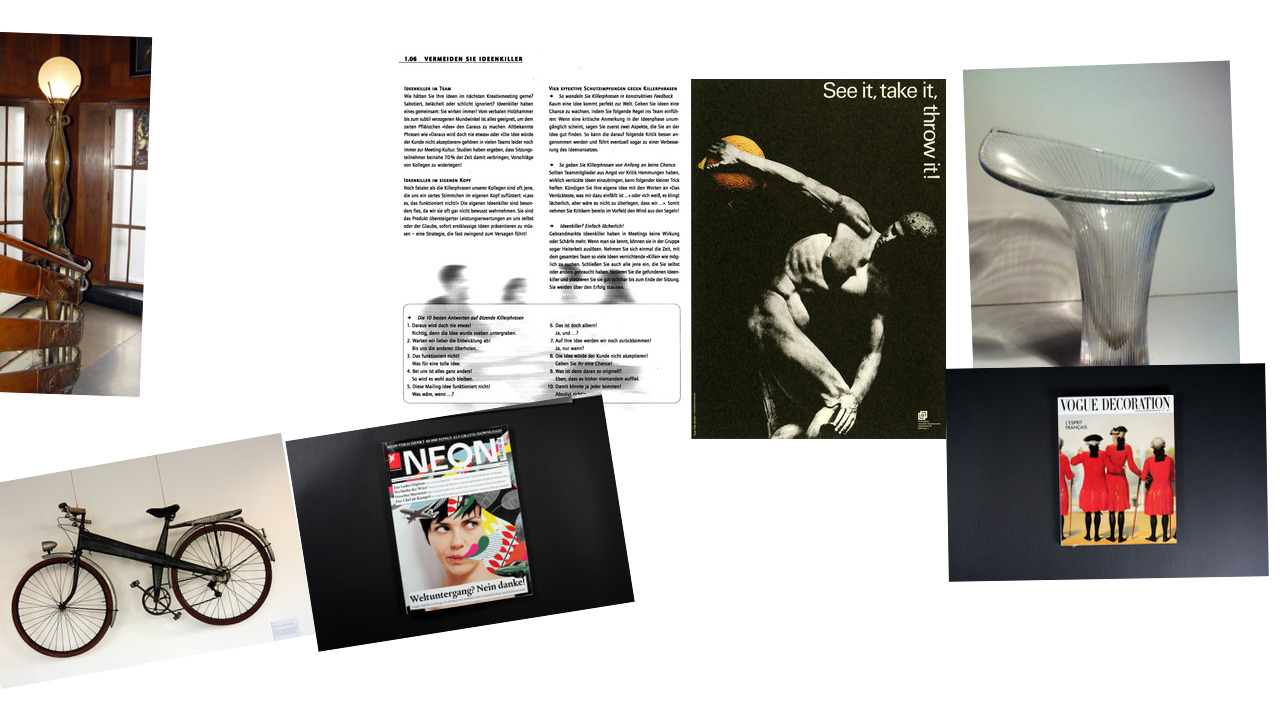 1760813686.jpg
1760813686.jpg

